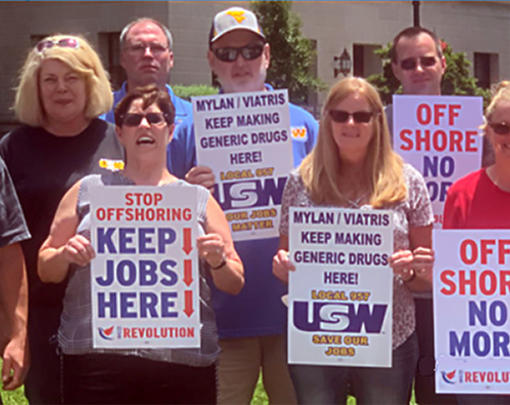The current global economic system extracts a terrible price from children and families everywhere, even in many of the world’s richest countries, and especially in the United States.
Indeed, the United States, whose leaders, both Republican and Democrat, proclaim its “exceptionalism” at every opportunity, is most remarkable for its poor performance among wealthy nations with regard to the lives of children. The dark secret is that United States children’s lives are just about the worst among all rich countries. The United States is, in the words of Italian economist Stefano Bartolini, “the example not to follow.”
This paper explores the current deficiencies in the way the United States supports children and families and shows how a new economic model—a “next system,” based in part on the best practices currently in use somewhere in the world—might better provide for flourishing families and children, both in the United States and around the world. We consider current policies, both international and domestic, that seem to provide the best results in today’s global economic system. We then suggest how these “best practices” might be incorporated into a larger model for family and child well-being in “the next system.” We proceed to consider new ideas not yet implemented that can improve outcomes, and, finally, suggest some pragmatic, step-by-step strategies for moving toward a world that offers the best possible outcomes for all.
Any pro-child, pro-family agenda must move beyond immediate and transitional fixes or “Band-Aids” toward transformative, system-changing policies. The wish to ensure the right of all Americans to live, work and play in beautiful surroundings is, at its core, a plea for a change of values in our country, from an emphasis on quantity of stuff to quality of life, from a focus on economic growth to economic stability and life satisfaction, from rich families amid poverty to universally secure and happy families. To achieve this goal, the next system demands radical reforms that current political leaders haven’t yet begun to raise.
Download and share




